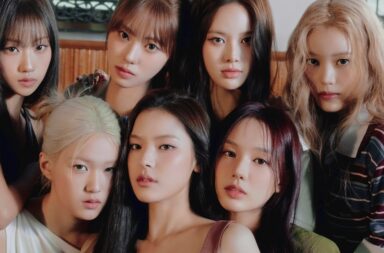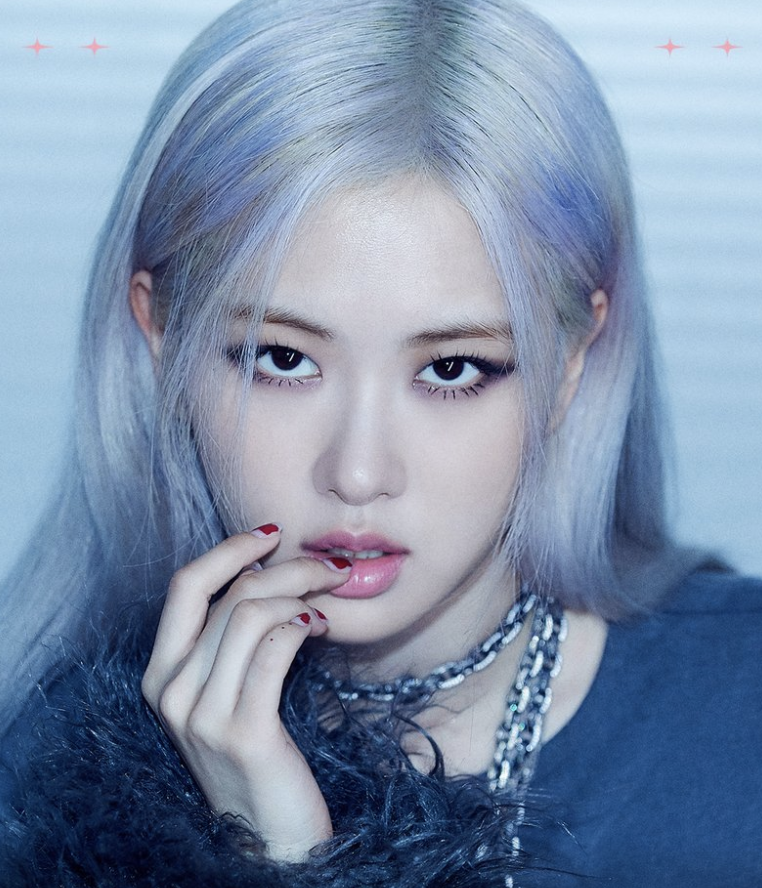
Over the past few years, it has become apparent that YG Entertainment is unwilling to give Black Pink a “traditional” career, with several comebacks a year. Instead, Black Pink’s marketing strategy relies on scarcity — in depriving the fans of content, the anticipation builds and builds and builds. And when Black Pink does announce a rare comeback, then that pent-up pressure is released in a sudden tidal wave as fans pour out their adulation for the group.
“Low quantity, high quality” has been the company’s mantra for years. But does the music actually deliver on that lofty promise? Well… not really. Over the past two years, Black Pink has shifted from the exciting, robust dance-pop of their rookie years to a new style — sneering title tracks with jarring drop choruses and precious little else.
With this in mind, Black Pink’s first full album The Album is almost exactly what I expected of the group: the members’ formidable talents are wasted on a collection of hollow choruses and overly simple beats. Even the skimpy length of the album — a mere 24 minutes — feels typical of Black Pink.
Let’s talk about the sole bright spot of The Album first: “Lovesick Girls,” the final single. “Lovesick Girls” is fueled by a propulsive beat and guitar chords; it’s assertive without ever becoming obnoxiously so. And the chorus of “Lovesick Girls” — yes, a real chorus! with a real melody! — feels like a minor miracle. The vocal arrangement here is oddly thin and quiet, but that’s a minor quibble given the strong melody.
(Side note: I was a little jolted when Rosé sang, “Love is killing your darling” during the bridge, since “kill your darlings” is a famous piece of writing advice.)
By the time Jennie ends the song, delivering a gorgeously slow line amid a single thrum of guitar, “Lovesick Girls” has evoked so much cathartic heartbreak, so much powerful sadness, that it’s hard to not love.
Sadly, the rest of The Album is a different story.
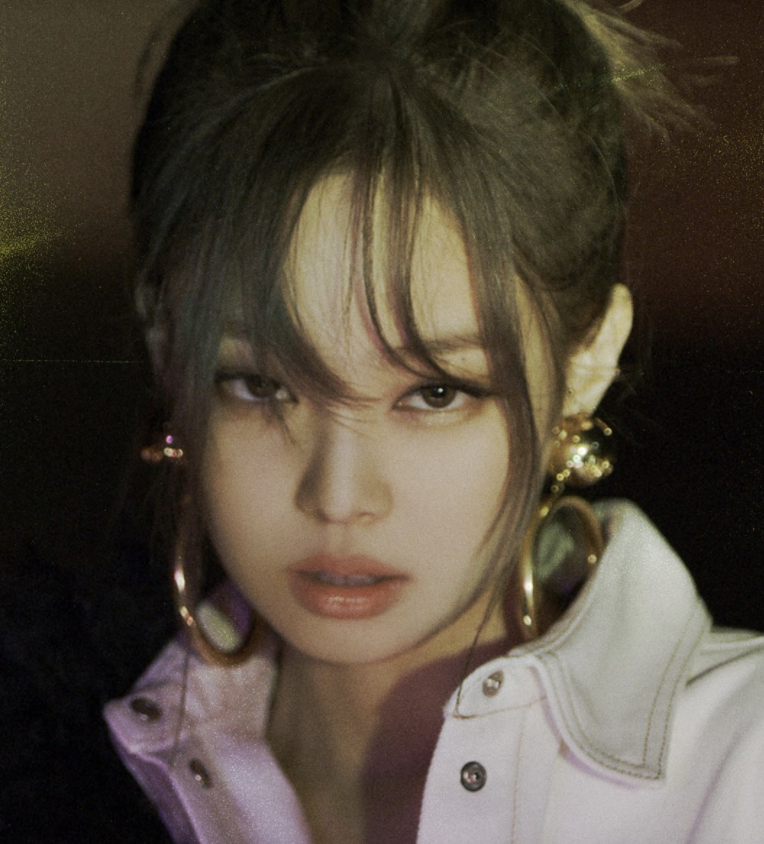
“How You Like That” is marred by its momentum-killing drop chorus, and “Ice Cream (with Selena Gomez)”’s choppy synths grate immediately. But at least these two songs, which are also title tracks, contain some semblance of an instrumental. The other tracks in The Album, however, do not.
“Pretty Savage” opens with off-kilter piano, but after the beat drops, the track quickly devolves into a generic piece of hip-hop. For all its insistent loudness, “Pretty Savage” just isn’t complex enough — the beats are noisy but empty, with no layers to add complexity and interest. So-called “noise music” can be excitingly experimental and thrillingly messy, but that’s not the case here, where there is no experimentation at all. The track improves up a bit during Rosé’s bridge, which plays up her heavily stylistic vocals to great effect. Rosé’s nasal style works best in midrange applications like this, coming off as expressive and unique. But sadly, a 20-second bridge can’t redeem an entire song.
While “Pretty Savage” at least had those 20 seconds, “Bet You Wanna (feat. Cardi B)” has no redeemable segments at all. The song feels even emptier, with barely any instrumental to speak of. There’s a few sporadic piano chords, then some deep percussion, then a few glitches of bass guitar — all occurring at different places in the song. During much of “Bet You Wanna”’s running time, there are only two elements in play: a vocal line and a single instrumental line. It’s oddly minimalistic, and incredibly forgettable.
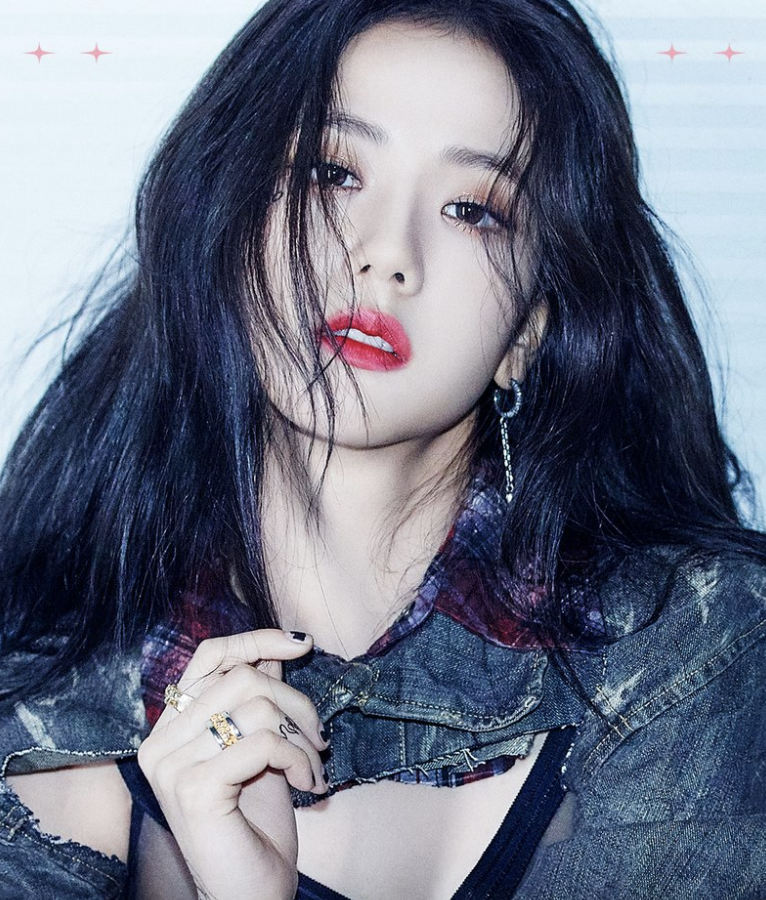
“Crazy Over You” suffers from the exact same problem: bare-bones production. There are little sparks of promise here — the flute riffs add flair and interest. But just like “Bet You Wanna,” “Crazy Over You” rarely puts more than two sounds into play at the same time. These songs are not particularly sleek or streamlined — they don’t sound like they were meant to be so minimalistic. Instead, it’s almost as if the producers decided to arbitrarily delete half the synths. It is, in a word, baffling.
Things improve a little with “Love To Hate Me,” which is performed entirely in English. Jisoo does impressively well here with pronunciation, blending in well with the other three members, who all speak English. Lisa also displays her versatility in rap, with some coquettish lines that contrast with harder-edged raps later. “Love To Hate Me” showcases one of Black Pink’s greatest strengths — their idiosyncratic vocal styles. Jisoo’s deeper, grittier tone is balanced well by Rosé’s tart, sharp sound, while Jennie’s chesty mix serves as the perfect foil to Lisa’s more abrasive snarling. True to form, though, “Love To Hate Me” also sports a repetitive, overly simplistic chorus. “Love To Hate Me” is interesting at first, but quickly loses its appeal; it simply doesn’t have enough layers to compel repeat listens.
By the time “You Never Know” rolls around, it comes as a real shock — with only 8 songs, many of which don’t even hit the 3-minute mark, it’s jarring to realize that The Album is ending already. The Album bills itself as a full album, but it feels much more like an EP. Regardless of this break with tradition, though, The Album follows another K-pop trope: the end-of-album ballad. Like the other songs in this album, “You Never Know” also suffers due to its hollow production — although since it’s meant as a slow song, the simplicity works. “You Never Know” is not quite as lovely as “Stay,” Black Pink’s best ballad (interestingly enough, this 4-year-old group only has 3 ballads so far), but it’s by far one of the most engaging songs in The Album.
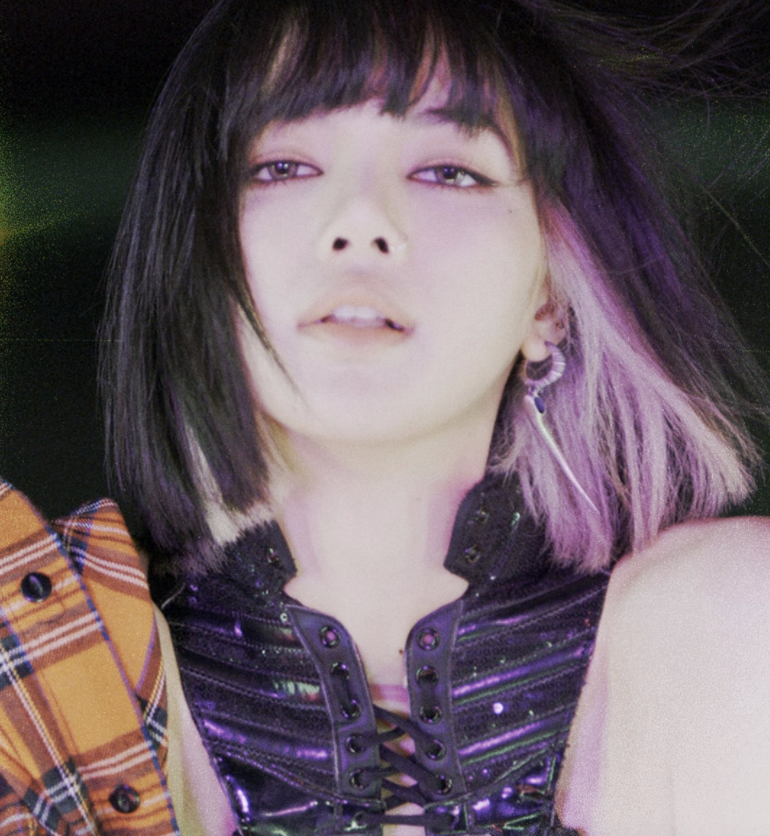
Ultimately, The Album is marred by the same problems that have plagued Black Pink’s output for the last two years — lackluster production, lackluster choruses, lackluster melodies. After the long wait, this is disappointing but not surprising. The Album is, with the sole exception of “Lovesick Girls,” everything I expected from Black Pink. If only they had proved me wrong.
(YouTube. Images via YG Entertainment.)

